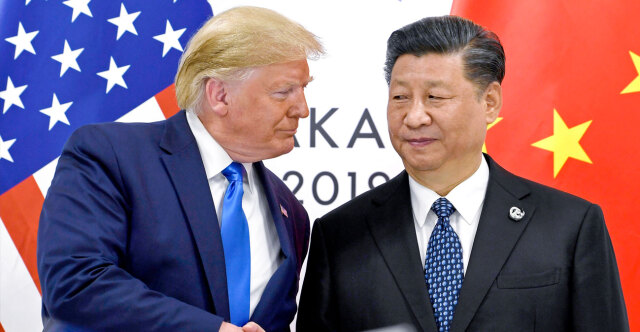The recent communication between Trump and Xi Jinping marks their first interaction since January, a development that the US president has long sought. The tariffs targeting China created a confrontation between the world’s two largest economies, yet both sides seem unwilling to engage in a full-blown battle at this time.
Since the “liberation day” announcements last April, the party at a communication disadvantage has not been Beijing. Instead, the US president has taken several steps back, tempering his stance more than he might have anticipated.
The recent phone call between Washington and Beijing is undeniably a significant development that brings new dynamics into play; however, it cannot be classified as a major breakthrough.
Currently, China has no reason to rush into negotiations, especially since Trump’s strategy to “drag” the Chinese president to the White House through economic threats has backfired. While Beijing is open to the idea of a summit, it is likely to occur on their terms, at a time and location of their choosing.
China has established a clear red line that is evident across the Atlantic and will not tolerate any ultimatums. The domestic challenges posed by the tariffs—largely due to the actions of the US president—provide Beijing with an advantageous position to exert “passive” pressure externally. Right now, Xi Jinping holds all the leverage, making it unlikely he will take unnecessary risks.
Instances of leaders faltering under public scrutiny are among the many reasons he prefers to navigate away from American pressures.
Ask me anything
Explore related questions

















